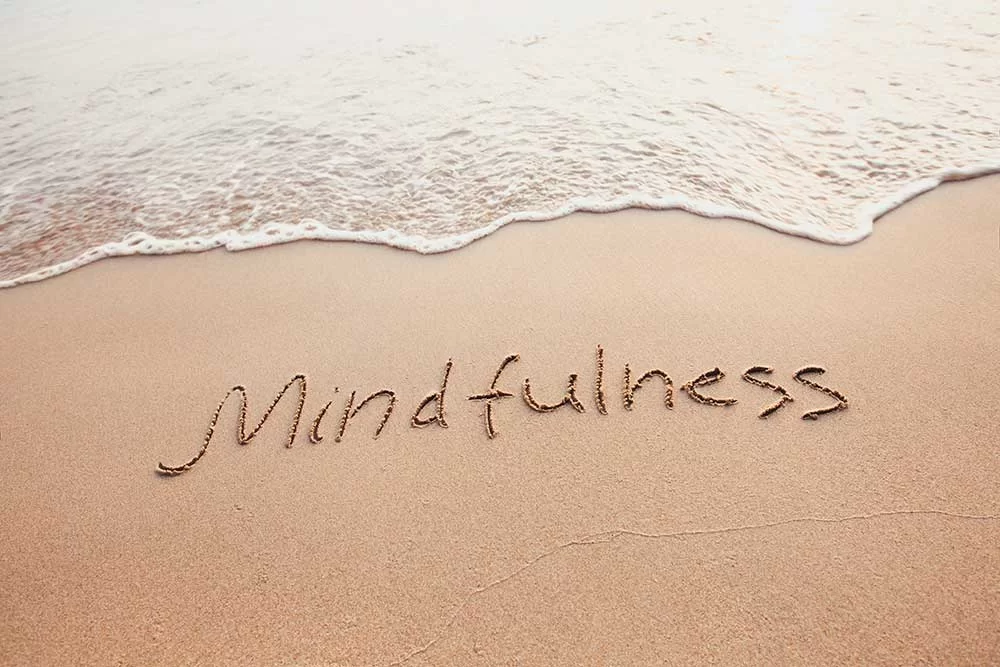





In the last decade, the practice of mindfulness has gained popularity in many different countries across the world. But what exactly is mindfulness? Is it just another passing buzzword, or something more?
Put simply, mindfulness is the art of being fully present in the “now”. It is about remaining aware of yourself and your environment. Along with this awareness, being mindful means that you pay attention to your inner thoughts, feelings, and external bodily sensations.
Mindfulness also involves letting go of any judgment that you may have about your thoughts and feelings—there is no “right” thought or “wrong” thought, you simply become aware of their existence.
For non-believers out there, the benefits of mindfulness are evidence-based. Scientific studies have demonstrated the positive benefits that mindfulness has on our health, happiness, work, and relationships. Let’s take a closer look at these benefits.
Scientists discovered that practicing mindfulness can help in stress reduction, treat heart diseases, lower blood pressure, reduce chronic pain, improve sleep, and even improve digestion.
Many professional psychotherapists have turned to mindfulness meditation to treat mental issues such as depression, substance abuse, eating disorders, couples’ conflicts, anxiety disorders, and obsessive-compulsive disorder.
Mindfulness is thought to increase one’s ability to see the self as impermanent and ever-changing. This means that we understand that we are always a work-in-progress, and can help to establish enduring forms of happiness.
By focusing on the here and now, people who practice mindfulness are less preoccupied with worries about the future or regrets about decisions that are to be made. They are better able to appreciate the little things in life and can form deeper connections with others without being distracted by constant worries.
The good news is, you do not have to sign up for any classes to begin practicing mindfulness. You can incorporate mindfulness into your daily life through these techniques.
Yes, just stop and stare! One aspect of mindfulness is being aware and noticing every little thing that is going on around you. Stop what you are doing and pay attention to the things that you would usually ignore.
Mindfulness involves taking note of bodily sensations and how you feel physically. How does the fabric feel against your skin? How does the water from the tap feel as it runs through your fingers?
Many of us zone out when our friends are talking to us. When you practice mindfulness, you have to listen actively and be engaged in the moment, no matter how long your friend has been ranting on about her boss at work!
Notice everything about your breathing. How deep are you breathing? How quickly are you breathing? Controlled, deep breathing can help you to relax and better manage your emotions and stress-levels.
Oftentimes, we are our biggest critic. But if you want to practice mindfulness, you have to learn to be kind to yourself. Don’t judge yourself or obsess over your thoughts and feelings. Just be aware of them non-judgmentally.
If being mindful all the time seems too much like a daunting task to you, start with practicing mindfulness for just 20 minutes a day. Just remember, anyone can practice mindfulness, and its benefits are endless!
Be the first to know. Don’t miss out on our exclusive deals and launches!
Sed ut perspiciatis unde omnis iste natus error sit voluptatem accusantium doloremque laudantium
Lorem Ipsum DOlor Sit Amet